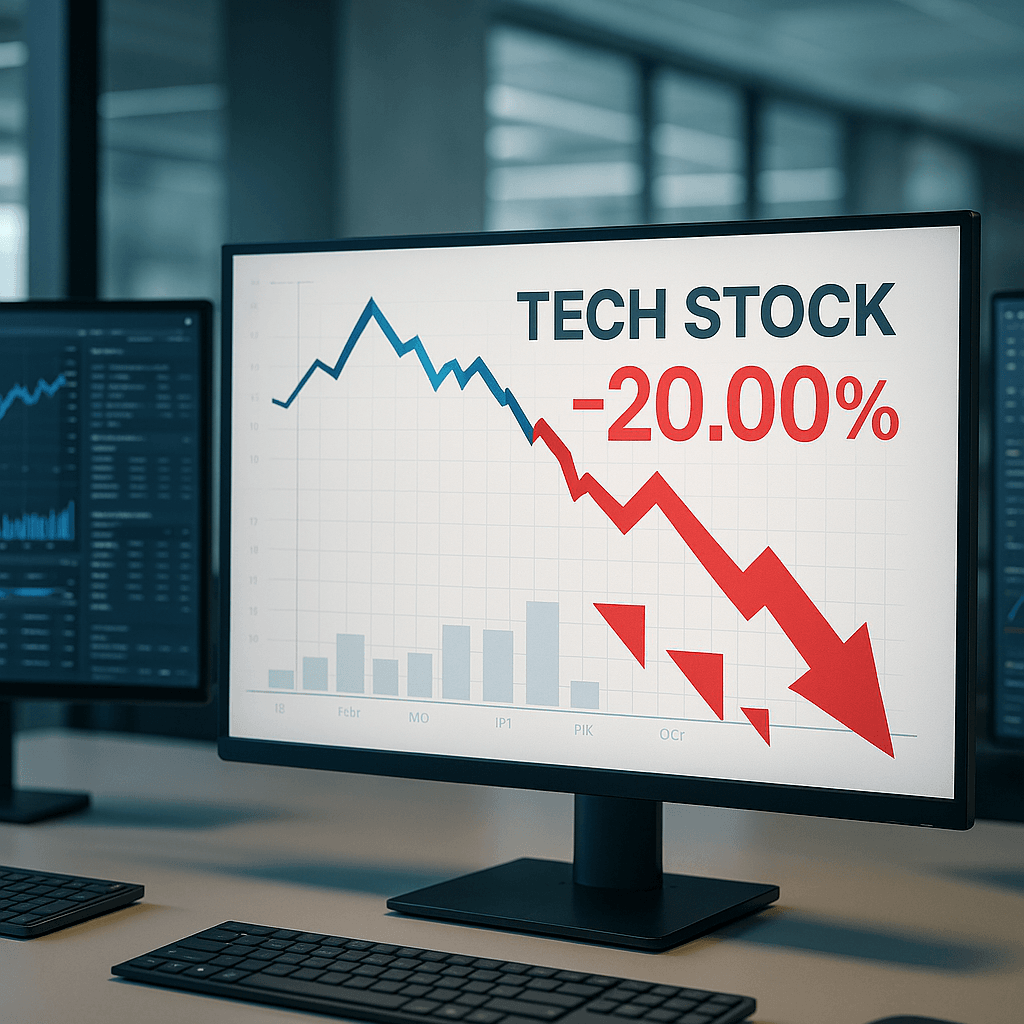Figma's Wall Street honeymoon is officially over. The design software darling that soared 250% on its July IPO debut just crashed nearly 20% to post-offering lows after reporting its first quarterly results as a public company, wiping out more than half its peak value and leaving investors questioning whether the $27 billion valuation can hold.
Figma just delivered a harsh reality check to Silicon Valley's IPO revival story. The design platform that became the poster child for enterprise software's return to public markets saw its shares crater nearly 20% Thursday, hitting the lowest levels since its high-profile July offering and erasing more than $13 billion in market value.
The brutal selloff came despite earnings that technically beat Wall Street expectations. Figma posted Q2 revenue of $249.6 million, up 41% year-over-year and slightly ahead of the $248.8 million consensus estimate according to LSEG data. But investors clearly expected more from a company that commanded one of 2025's richest IPO valuations.
"The shares have witnessed hyper-volatility" following their 250% surge in the trading debut, Piper Sandler analysts noted, describing the earnings report as "largely a non-event." That clinical assessment masks the underlying anxiety about whether Figma's premium valuation reflects sustainable growth or IPO-era exuberance.
The warning signs are subtle but real. Figma's net retention rate—a critical metric measuring how much existing customers expand their spending—slipped from 132% in Q1 to 129% in Q2. While still healthy by SaaS standards, the decline suggests the explosive growth that justified Figma's valuation may be moderating faster than expected.
More concerning for growth-focused investors: Figma's Q3 revenue guidance of $263-265 million implies just 33% growth at the midpoint, a marked deceleration from the 41% clip posted in Q2. The forecast does exceed analysts' $256.8 million estimate, but the trajectory clearly shows Figma maturing into a more predictable—and less explosive—growth story.
This earnings debut carries outsized significance beyond Figma's own performance. The company's July IPO was heralded as proof that high-growth enterprise software could once again command premium public market valuations after the brutal 2022-2024 downturn that shuttered most new offerings. "was significant for Silicon Valley and the tech sector broadly" as it represented "one of the highest-profile offerings in years and signaled Wall Street's growing appetite for growth," .












